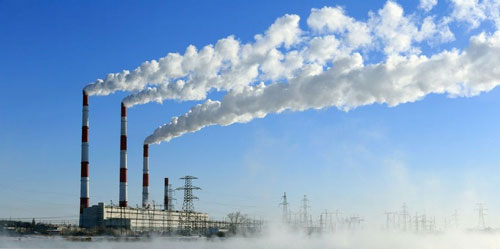Nicholas Lee
Most often, controlling air quality is focused on outdoor air as opposed to indoor environments such as homes and businesses. In fact, both need to be addressed. We spend a large proportion of our time indoors every day, more so during these challenging times as a result of the pandemic and especially with the second wave of cases in Pakistan”, said Nicholas Lee, Personal Health Leader, Philips ASEAN Pacific.
Air quality can have a significant impact on human health. The air we breathe indoors can be up to 2 to 5 times more polluted than the outdoor air and contain PM2.5 ultrafine particles, allergens, bacteria, harmful gases as well as air humidity. “While external air quality is not within our control, we can certainly protect ourselves and our loved ones when it comes to indoor air quality, be it in our homes, offices, schools and other indoor environments”, he added.
Philips has a long-standing heritage in health technology and is recognized as a global leader in air purification. The company has been partnering with experts across the globe to deliver integrated solutions for healthy air and this includes the new Philips Air Purifier 2000i series which is available in Pakistan.
These air purifiers are based on the very best in-home care technology and have been developed to improve clean air delivery and control indoor pollutants, bacteria and viruses. Philips air purifiers sense harmful particles, gases and allergens in real time with a professional grade sensor that detects indoor pollutants such as pollen, dust mites, mold, spores and pet dander.
Philips is committed to helping consumers improve their quality of life and a big step in this direction is to improve the air quality within our indoor environments so they can breathe healthier and cleaner air, especially during challenging times such as this.
The US Centers for Disease Control and Prevention (CDC) has indicated that some COVID-19 infections can be spread by exposure to virus in small droplets and particles that can linger in the air for minutes to hours. Lancet, among the world’s oldest and independent general medical journals, also stated that “proper conditions indoors have the potential to reduce the spread of COVID-19”.
He shared that the Philips air purifiers remove up to 99.9% of viruses and aerosols from the air. The size of SARS-CoV-2 virus is estimated to be between 50 –140 nanometers (nm) and Philips air purifiers contain HEPA filters which can remove 99.97% of particles as small as 3 nanometers (nm), smaller than the smallest known virus, from the air which passes through the filter.
The WHO Global Health Observatory estimates that Pakistan’s annual burden of disease due to indoor pollution accounts for 40 million cases of acute respiratory infections and 28,000 deaths per year.
—The writer is Personal Health Leader, Philips ASEAN Pacific.










